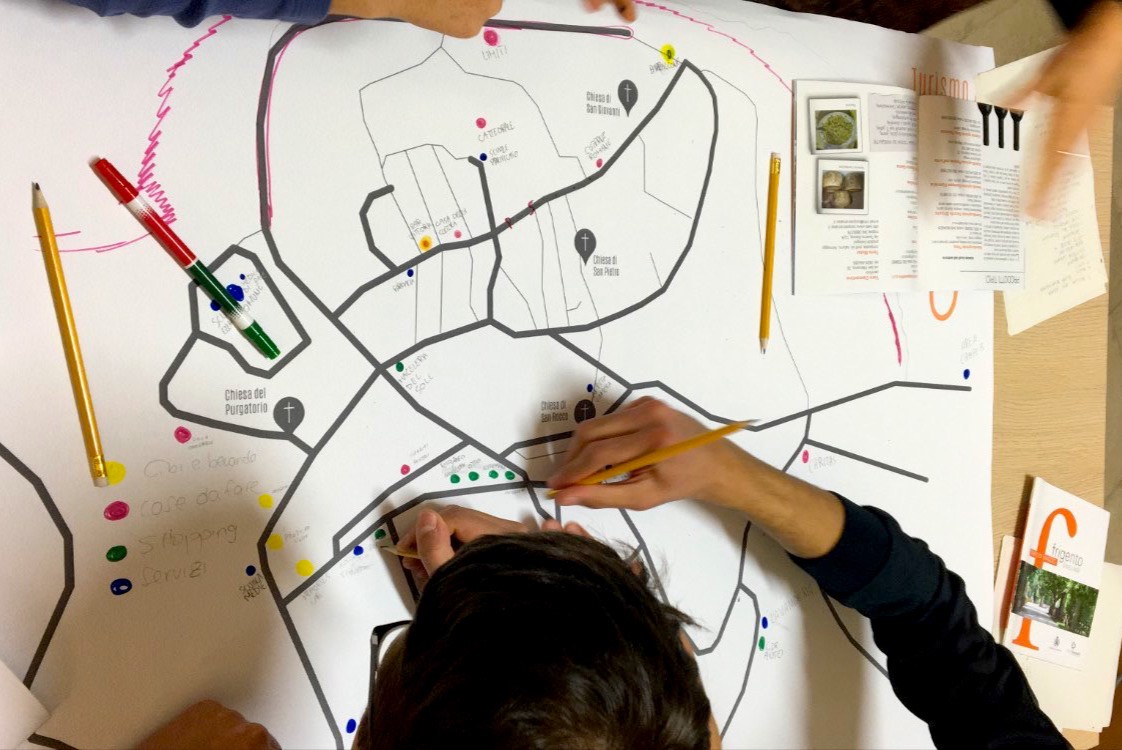

“The key challenge of RPPs are power imbalances between the partners, and they can be mitigated by creating a trusting environment and ensuring well-established interaction and communication practices,” argues Hanna Reinius of the University of Helsinki, Finland.
“The key challenge of RPPs are power imbalances between the partners, and they can be mitigated by creating a trusting environment and ensuring well-established interaction and communication practices,” argues Hanna Reinius of the University of Helsinki, Finland.
In ELM’s "I argue" series, Finnish post-doctoral researcher Hanna Reinius states that research-practice partnerships are pivotal for bridging the gap between empirical inquiry and practical development work. However, to be successful, they require careful planning of interactions between practitioners and researchers.
In educational settings, research-practice partnerships (RPPs) have emerged as a fruitful way of combining the aims of practitioners and researchers. These partnerships are long-term collaborations between equal partners. Equal partnership means focusing on jointly negotiated development targets. Other key characteristics of RPPs are focusing on problems of practice and applying research methods to support evidence-based decision-making.
In other words, the dynamics of research-practice partnerships have emerged as a pivotal mechanism for bridging the gap between empirical inquiry and practical development work.
Does this sound like an easy job? I can assure you that although RPPs are an interesting, rewarding way of working, they require careful planning to be successful.
EFFECTIVE RPPs are characterised by robust interaction processes on horizontal and vertical dimensions. These interactions are crucial for enhancing the outcomes of RPPs.
Hence, a fundamental aspect of effective RPPs is the facilitation of both horizontal and vertical interactions, which are essential for fostering meaningful dialogue and joint developmental work. Horizontal interactions refer to peer-level exchanges among practitioners and researchers, while vertical interactions refer to collaboration and communication within organisational boundaries.
It is important to plan how to foster interaction between and within the partner organisations.
My experience is that in RPPs it is more common to acknowledge the need for planned horizontal interaction and communication structures than for vertical ones. Our research group’s experience from several RPP projects in educational settings in Finland supports this view. In addition, we have investigated this phenomenon in one of our studies (see Korhonen et al., 2024).
Structured communication channels are vital for supporting both horizontal and vertical interactions. Regular meetings, collaborative planning sessions, and feedback loops can help maintain momentum and ensure that all stakeholders are informed and engaged throughout the partnership.
These structured interactions provide opportunities for practitioners to voice their perspectives and for researchers to share their findings in accessible and actionable formats.
IN ADDITION to fostering effective interaction and communication, it is crucial to create an environment that encourages trust and mutual respect among participants.
Trust is a foundational element of successful RPPs, as it enables partners to engage openly and honestly in discussions, share their concerns, and collaborate on solutions. Building trust requires time and intentionality, often necessitating team-building activities, transparent decision-making processes, and a commitment to valuing diverse perspectives.
Trust enables partners to share their concerns and collaborate on solutions.
Creating a trusting environment and ensuring well-established interaction and communication practices can mitigate the key challenge of RPPs: potential power imbalances between the partners.
Considering this aspect, it is crucial to promote equitable participation and decision-making processes that engage all stakeholders. This again highlights the importance of functional interaction to ensure that all the stakeholders’ voices are heard in discussions and decision-making processes.
IN EDUCATIONAL settings research-practice partnerships have strong methodological roots in North America. Nevertheless, currently RPPs are developed further on several continents and thus national characteristics shape their implementation.
In Finland, one of the prominent national characteristics in RPPs lies in the development objectives. Despite the regular media panic regarding Finland’s declining PISA results, the developmental objectives planned together with school practitioners almost never relate to students’ grades (as is often the case in the USA).
Teachers, school principals, and educational administrators emphasise broader objectives, such as developing the digital competencies of teachers and students, co-teaching practices, assessment practices, or teacher collaboration.
These objectives indicate a systemic understanding of versatile educational practices and reflect the importance of transversal competencies from the latest national-level core curriculum in Finland.
The “I argue” series of columns features texts written by researchers, each presenting a well-argued statement on a topic of their research.

Looking for more articles on the relationship between research and practice?
This article is part of the theme 'Research and Practice 2025'.
Read related articles hereAuthor







